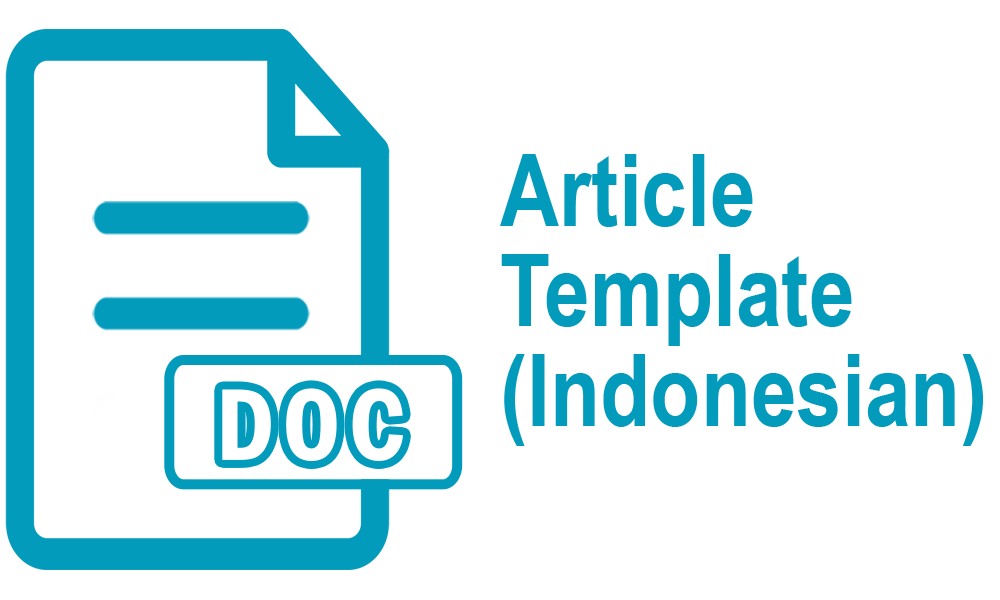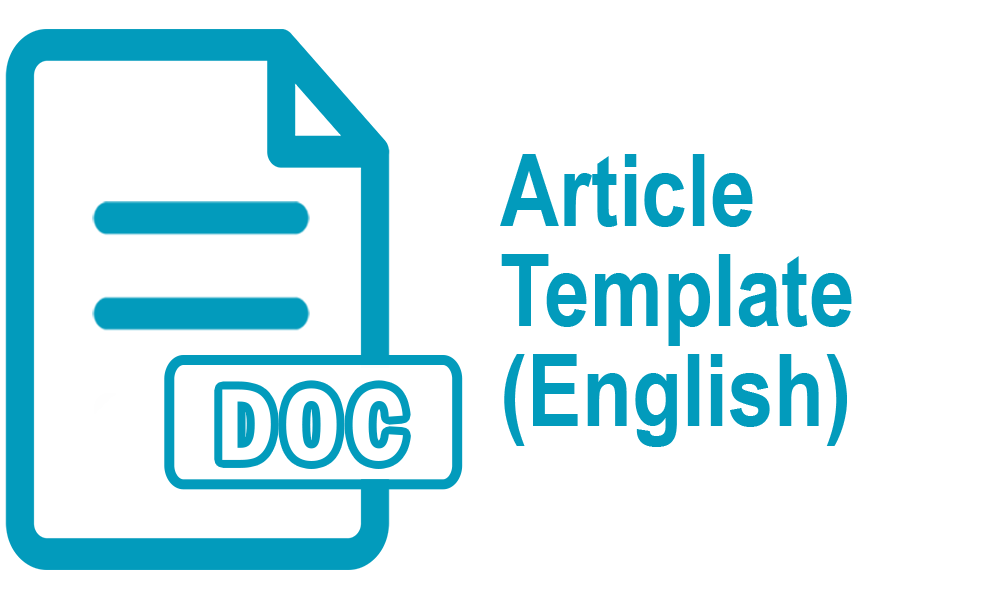The Representation of Orientalism in The Hate U Give Movie
Abstract
Keywords
Full Text:
PDFReferences
“Best Sellers – Books – Dec 31, 2017.” The New York Times, 31 Dec. 2017. https://www.nytimes.com/books/best-sellers/2017/12/31/. Accessed 11 Dec. 2022.
“Black”. Oxford Learner’s Dictionaries, Oxford University Press, 2023, https://www.oxfordlearnersdictionaries.com/definition/english/black. Accessed 28 May 2023.
“Childlike”. Oxford Learner’s Dictionaries, Oxford University Press, 2023, https://www.oxfordlearnersdictionaries.com/definition/english/childlike. Accessed 28 May 2023.
“Different”. Oxford Learner’s Dictionaries, Oxford University Press, 2023, https://www.oxfordlearnersdictionaries.com/definition/english/different. Accessed 28 May 2023.
“George Tillman Jr. – Biography – Movies & TV – NYTimes.com.” The New York Times, 26 Feb. 2011. https://web.archive.org/web/2011022604951/https://movies.nytimes.com/person/231879/George-Tillman-Jr-/biography. Accessed 11 Dec. 2022.
“Hood”. Merriam-Webster, Merriam-Webster, Incorporated, 2023, https://www.merriam-webster.com/thesaurus/hood. Accessed 28 May 2023.
“Inappropriate”. Oxford Learner’s Dictionaries, Oxford University Press, 2023, https://www.oxfordlearnersdictionaries.com/definition/english/inappropriate. Accessed 28 May 2023.
“Inferior”. Oxford Learner’s Dictionaries, Oxford University Press, 2023, https://www.oxfordlearnersdictionaries.com/definition/english/inferior. Accessed 28 May 2023.
“Irrational”. Oxford Learner’s Dictionaries, Oxford University Press, 2023, https://www.oxfordlearnersdictionaries.com/definition/english/irrational. Accessed 28 May 2023.
“Poor”. Oxford Learner’s Dictionaries, Oxford University Press, 2023, https://www.oxfordlearnersdictionaries.com/definition/english/poor. Accessed 28 May 2023.
“Powerless”. Oxford Learner’s Dictionaries, Oxford University Press, 2023, https://www.oxfordlearnersdictionaries.com/definition/english/powerless. Accessed 28 May 2023.
“Violent”. Oxford Learner’s Dictionaries, Oxford University Press, 2023, https://www.oxfordlearnersdictionaries.com/definition/english/violent. Accessed 28 May 2023.
Abrams, M.H. A Glossary of Literary Terms. United States of America. Earl McPeek. 1999.
Ashcrofth, B., Griffiths, G., Tiffin, H. The Empire Writes Back: Theory and Practice in Post-Colonial. London: Routledge. 2003.
Barnard, Alan, and Jonathan Spencer. The Routledge Encyclopedia of Social and Cultural Anthropology. 2nd ed. Routledge: New York. 2010.
Benneth, Andrew, and Nicholas Royle. Introduction to Literature, Criticism, and Theory. 3rd ed. Edinburgh: Pearson. 2014.
Dobie, Ann. B. Theory into Practice: An Introduction to Literary Criticism. 3rd ed. Boston: Wadsworth. 2011.
Goddard, Wayne, and Stuart Melville. Research Methodology: An Introduction. South Africa: Luta & co.ltd. 2004.
Klarer, Mario. An Introduction to Literary Studies. London: Routledge, 2004.
Loomba, Ania. Colonialism/Postcolonialism. 2nd ed. Great Britain: Routledge. 2005.
Miles, Hubberman. Qualitative Data Analysis: An Expanded Sourcebook. New York: Sage Publication, Inc. 1994.
Petrie, Dennis, and Joseph Boggs. The Art of Watching Film. 8th ed. New York: 2012.
Rabiger, Michael. Directing: Directing Film Techniques and Aesthetics. New York: Focal Press. 2008.
Said, Edward. Orientalism. New York: Pantheon Books. 1978.
Tyson, Louis. Critical Theory Today. 2nd ed. New York: Routledge. 2006.
Vanderstoep and Johnson. Research Method for Everyday Life. Josser-Bass, 2009.
DOI: http://dx.doi.org/10.30872/jbssb.v7i3.12343
Refbacks
- There are currently no refbacks.
Copyright (c) 2023 Ridho Adam Pratama, Alamsyah Tawakkal
Editorial address:
Fakultas Ilmu Budaya, Universitas Mulawarman
Jl. Ki Hajar Dewantara, Gunung Kelua, Kec. Samarinda Ulu, Kota Samarinda, Kalimantan Timur, Indonesia 75123
Email: jurnalilmubudaya.fibunmul@gmail.com
Website: http://e-journals.unmul.ac.id/index.php/JBSSB
Ilmu Budaya: Jurnal Bahasa, Sastra, Seni, dan Budaya is licensed under a Creative Commons Attribution-ShareAlike 4.0 International License






